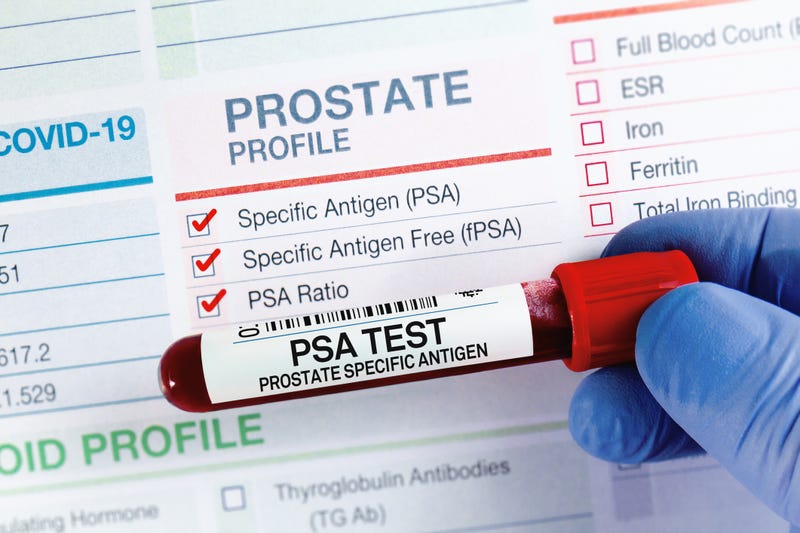
Prostate Cancer Awareness Month in September serves as a reminder that, after non-melanoma skin cancer, prostate cancer ranks as the most frequently diagnosed cancer among men in the United States and remains a prominent cause of cancer-related deaths across all racial backgrounds.
"Oftentimes, men come and ask me, well, I don't have any symptoms. Do I need to be screened for prostate cancer? And the answer is yes," says Dr. Parth Shah, a Urologist at USMD Arlington. "We have to screen for problems that may not cause symptoms before the symptoms that can get caused."
The statistics are sobering: The American Cancer Society projects approximately 288,300 new prostate cancer cases and nearly 34,700 prostate cancer-related fatalities in 2023 alone. With a striking statistic that 1 in 8 men will confront a prostate cancer diagnosis in their lifetime, it's an issue that affects a substantial portion of the male population.
"Men starting age of 50 to 69. We should screen for prostate cancer so we can detect it early. And if we detect it early, we can treat it, cure it, and have the man move on with his life and not be exposed to the health outcomes or detriments of having prostate cancer that spreads," Dr. Shah says.
Additionally, there are notable risk factors to consider, such as its higher incidence in older men and non-Hispanic Black men, with roughly 6 in 10 cases being diagnosed in individuals aged 65 and older.
"Currently, the American Urologic Association recommends that we do a screening for prostate cancer starting at the age of 40 to 45 if you have risk factors to develop aggressive prostate cancer," Dr. Shah says.
Despite its widespread occurrence, it's essential to recognize that not all prostate cancers behave the same way. While some progress slowly and pose no immediate health threats, others exhibit aggressive tendencies, necessitating prompt intervention. Still others are best left untreated.
"We're often treating men for prostate cancer, they may not benefit from that," Dr. Shah adds.
Cancer screenings have the potential to identify prostate cancers with a high risk of spreading if left untreated. However, it's crucial to note that prostate cancer screening isn't a one-size-fits-all solution. Organizations like the US Preventive Services Task Force and The American Cancer Society (ACS) offer specific guidance on prostate cancer screening, empowering men to make informed decisions about their healthcare journey based on their individual circumstances.
LISTEN on the Audacy App
Tell your Smart Speaker to "PLAY 1080 KRLD"
Sign Up to receive our KRLD Insider Newsletter for more news
Follow us on Facebook | Twitter | Instagram | YouTube
